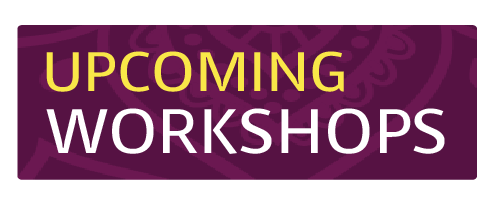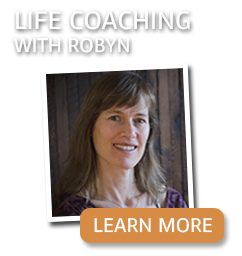How Developmental Trauma Affects our Relationships
 Trauma has become a buzz word in the last few years.
Trauma has become a buzz word in the last few years.
It’s great because we are all learning about the important impacts that trauma has on our lives.
I want to help you understand more about developmental trauma and how it directly affects our ability to have healthy thriving relationships.
Developmental trauma, what I’m trained to support, is the kind of trauma that affects almost all of us. It’s the trauma we experience early in life when we’re still developing. It can often be chronic, ie. repeated over a long period of time through interactions with people and the environment.
There is a vast array of causes for developmental trauma but it’s mostly based on not getting our physical and emotional needs met by our main caregivers or the environment. It can also be based on traumatic events that happened in utero and early in life, disrupting normal mental, psychological, physical and emotional development.
The impacts are greatest in utero and in the first 3 years of life.
Here’s a brief list of what some of the causes may be:
childhood neglect, being adopted or sent into foster care, sexual or emotional abuse, parents fighting, divorce, depressed caregiver, anxious caregiver, unstable home environment (like random fighting, parents not present, moving a lot, parents in and out of jail) parents ill or on drugs, general lack of feeling safe in the home, being shamed, teased, growing up without enough food, shelter, predictability, war-time environment, hospitalizations, accidents.
When we’re developing our bodies and minds in these early years, we’re also growing our nervous systems and sense of self/identity. We’re highly dependent on adult caregivers for modeling behavior and also for regulating our nervous systems and emotions. We cannot self-regulate as infants so we Require healthy regulation to come through contact with others. It occurs when we experience safety and connection with another.
When parents or main caregivers aren’t available or able to properly connect with us emotionally or physically, or when their very presence is also a cause of threat, it deeply affects our internal state. Our nervous systems go on high alert and if we aren’t properly soothed, especially as infants and toddlers, our nervous systems can become dysregulated (imbalanced). We may get overly anxious and activated, or shut down as main survival strategies. These can then become our default strategies.
These strategies translates into how we relate to others, both early in life and later into our adult relationships. They will also affect other areas like our self-esteem, ability to learn, sense of identity and more.
For example,
if we felt insecurity/anxiety about our needs not getting met as children, then we may keep that going into adulthood by demanding more assurance from our partners, accusing them of not caring enough, or shutting down emotionally from them, deciding our needs aren’t important. We may even unconsciously choose partners who act the same way as our parents did, abusing or ignoring us, etc., in order to maintain the familiar internal feeling of anxiety or upset and “prove” our situation. Again, this would be unconscious.
Another example might be:
You were chronically teased as a child for being slow, so you get a complex of not feeling good enough, fast enough, smart enough. Then as an adult, you’re constantly pushing yourself to be faster and smarter and better with the belief that if you don’t, you won’t feel worthy and will lose the love and connections that are important to you.
I could say a lot more about this, but today, I want to offer you a basic sense of the complexity of each of our situations.
The more we understand the powerful effect of our early lives on our current relationships, and the more compassionate we can be with ourselves and others for what happened early in life, the easier the path towards healing will be.
So starting with this basic understanding on the connection between early trauma and our current relationship life is a great first step towards healing.
Stay tuned for more about how to support your healthy relationship life.
Namasté,
Robyn
Feel free to contact me here if you have any questions or would like to set up a free consultation: robyn@consciousthrivingrelationships.com
Have you seen my 3-Week Plan to up-leveling your relationship? Sign up to get it here.
And check our our Women-only Facebook community for lots of extra support: Healthy Relationships Sisterhood.
Here’s our Facebook Page for videos and tips: https://www.facebook.com/ConsciousThrivingRelationships/








